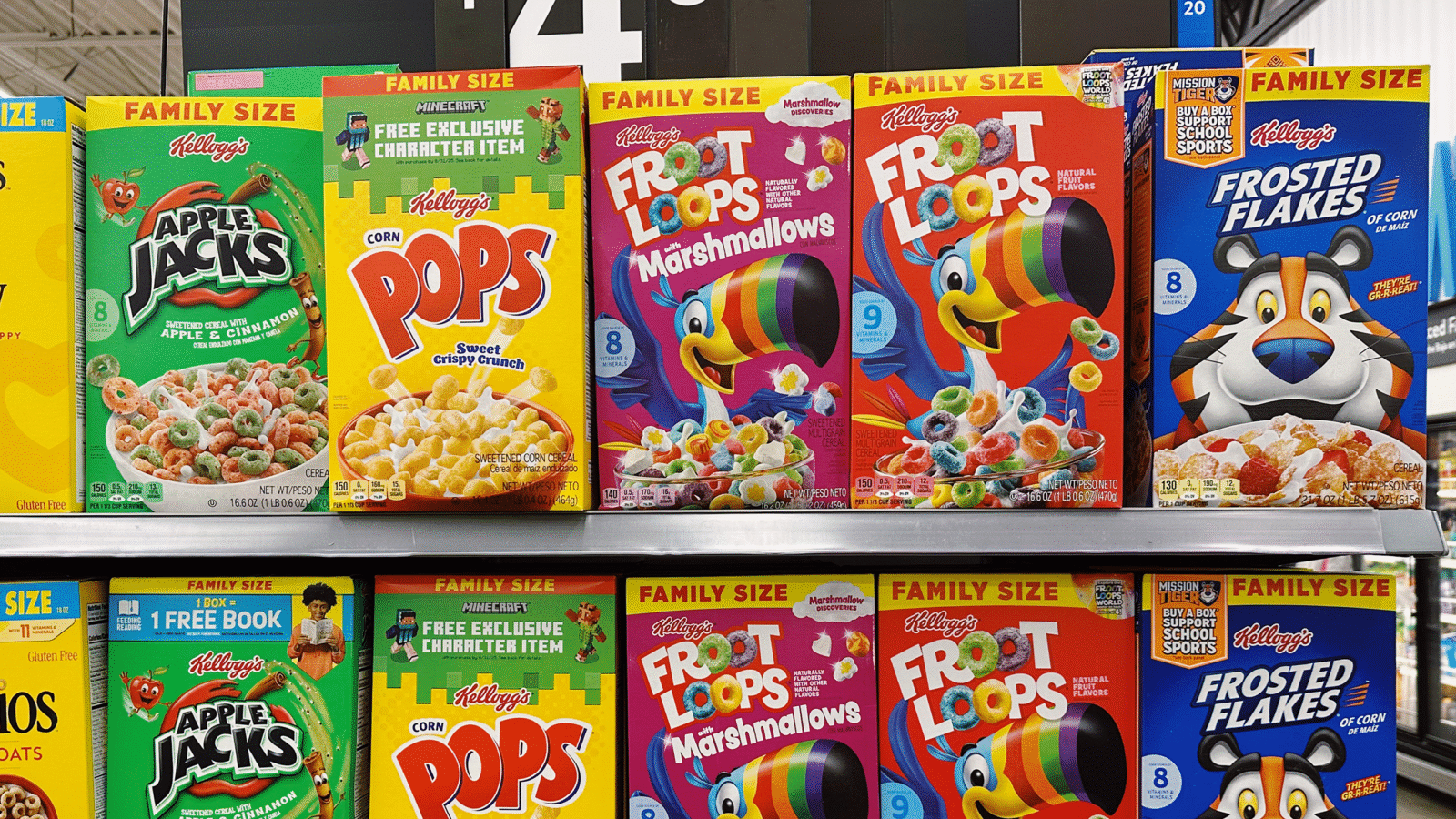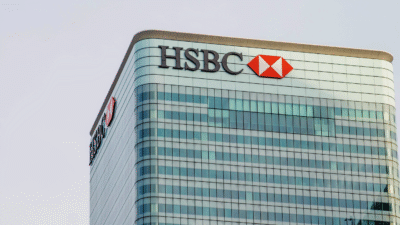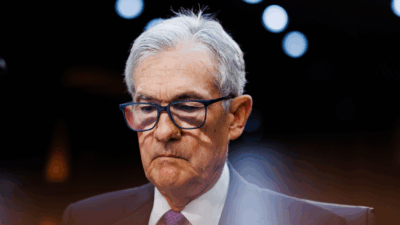McDonald’s Sales Beat Expectations Abroad But Struggle Back Home
McDonald’s had a good quarter, but the numbers from the US market show the value menu math isn’t quite mathing yet.

Sign up for smart news, insights, and analysis on the biggest financial stories of the day.
Luckily for McDonald’s, there’s no place like home.
McDonald’s published its fourth-quarter earnings on Monday, revealing that it had notched a small increase in sales — breaking its unlucky two-quarter streak of declines — thanks to surging international revenue. While that was a happy meal for investors and the share price ticked up, the results also showed a decrease in US sales, where the company has aggressively marketed value meals to whet the appetites of cost-conscious consumers.
You Can’t Keep a Clown Down
This summer saw fast-food chains jostling to bring out meal deals as a way of enticing customers to return after menu inflation finally drained their patience. McDonald’s brought out a $5 meal deal which was supposed to run for the month of June, but ended up being extended all the way through the end of December. It was introduced just as the Golden Arches admitted in its second-quarter earnings that sales had fallen year-on-year for the first time since 2020.
McDonald’s most recent quarterly filing is good news for the company as a whole, but the numbers from the US market show the meal deal math isn’t quite mathing yet:
- Sales in the US fell 1.4% year-on-year in the fourth quarter, and McDonald’s noted that the decline was largely due to a decrease in the average check. It did point out, however, that the contraction in its US sales was mitigated by higher guest counts, so the value meals are pulling in more customers.
- Last quarter also saw unusually depressed sales due to an E. coli outbreak, and McDonald’s executives stressed on an analyst call that they expect sales to recover by the beginning of the second quarter, per CNBC.
Foreign Exchange: International markets picked up the sales slack, led by Japan and the Middle East, which was a welcome signal to investors that the Middle Eastern boycott of the company was starting to ease. It wasn’t all wins overseas, though; the company noted that sales also fell in some international markets led by the UK — cue the McCrumpet.











